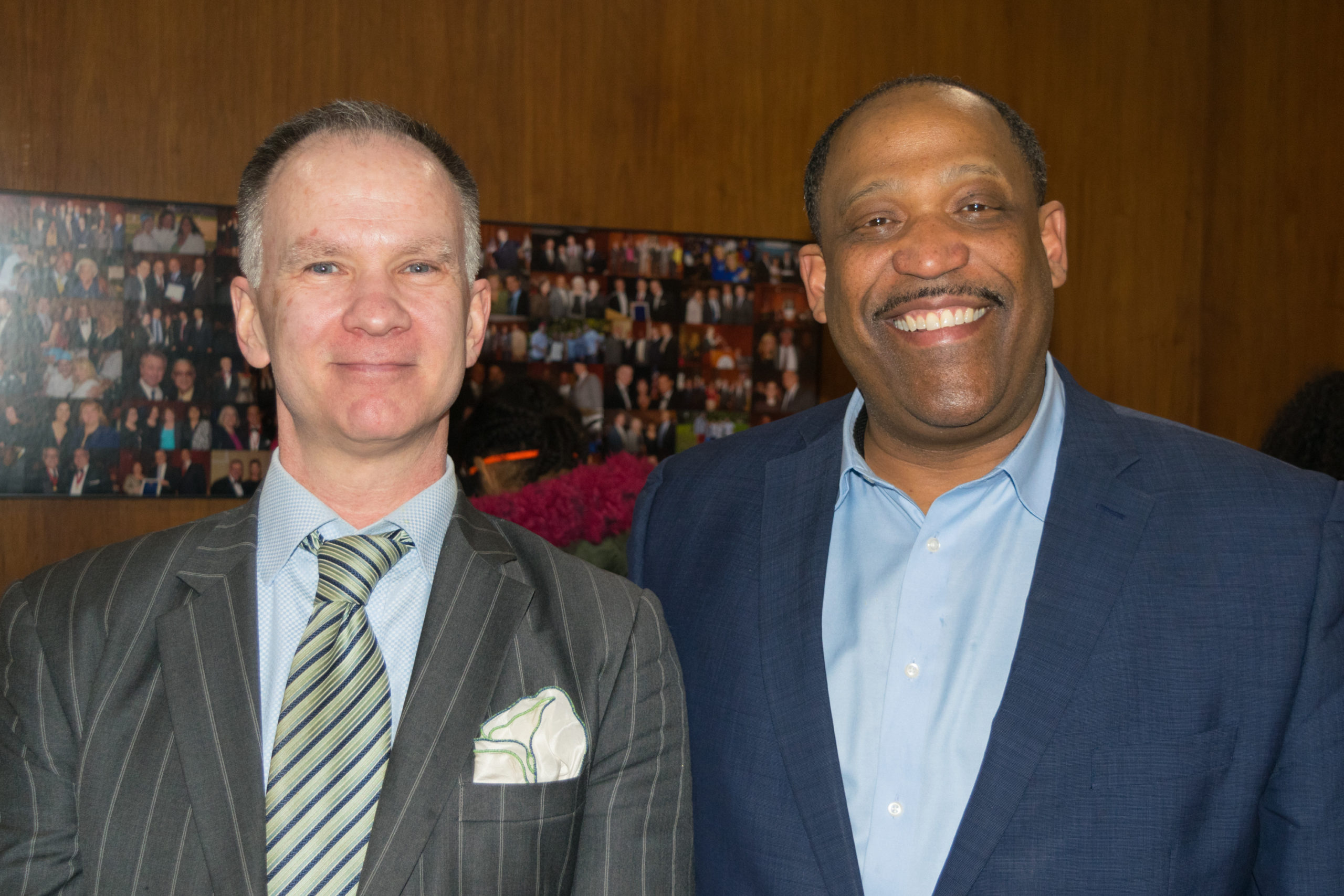Lawyer who was fired from Harvard for representing Harvey Weinstein gives CLE on unpopular clients

Everyone deserves a lawyer to defend him or her, but what about when that person is the symbol of the #MeToo movement?
Professor Ronald Sullivan briefly lost his job at Harvard Law School after a group of students protested the fact that he represented now-convicted rapist Harvey Weinstein.
On Thursday, Feb. 27, Sullivan was the guest of the Kings County Criminal Bar Association where he talked about the experience, what he learned, and the importance of the Sixth Amendment, which he says is under attack.

Brooklyn Boro
View MoreNew York City’s most populous borough, Brooklyn, is home to nearly 2.6 million residents. If Brooklyn were an independent city it would be the fourth largest city in the United States. While Brooklyn has become the epitome of ‘cool and hip’ in recent years, for those that were born here, raised families here and improved communities over the years, Brooklyn has never been ‘uncool’.